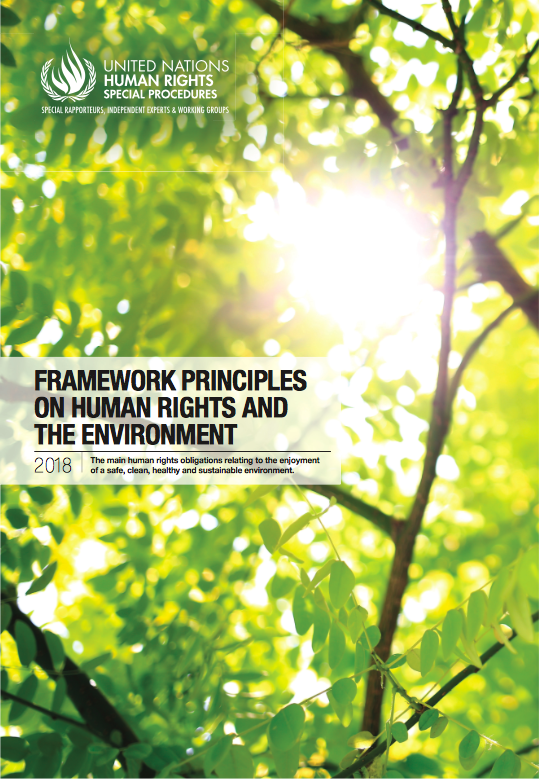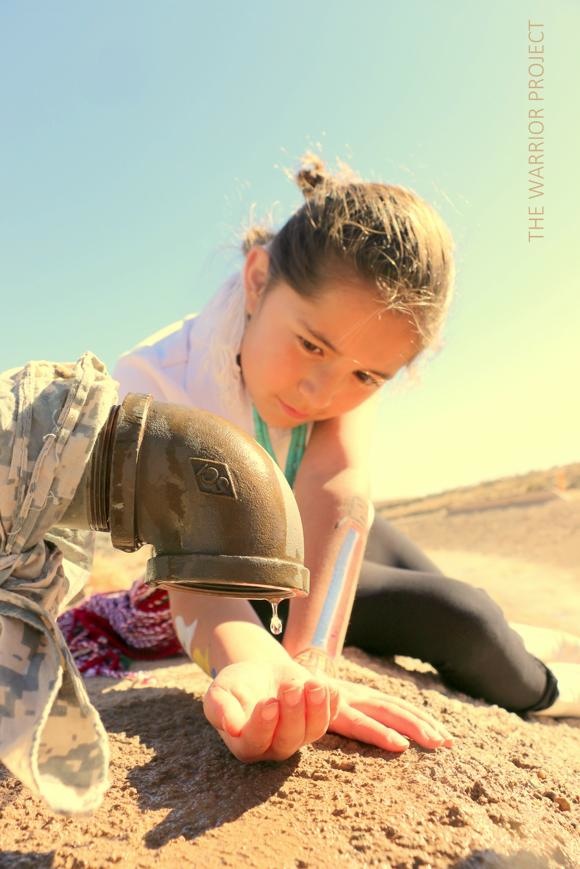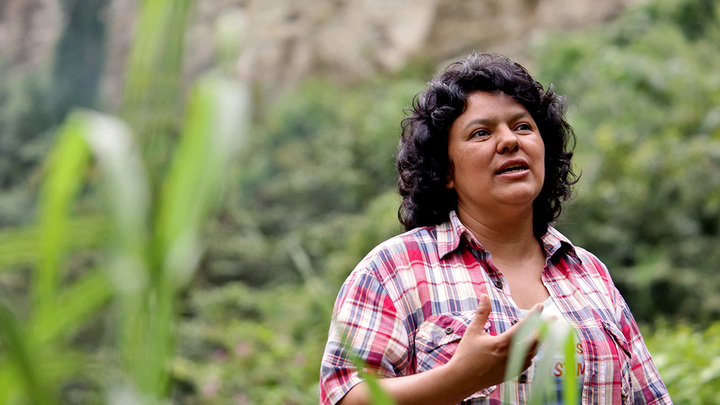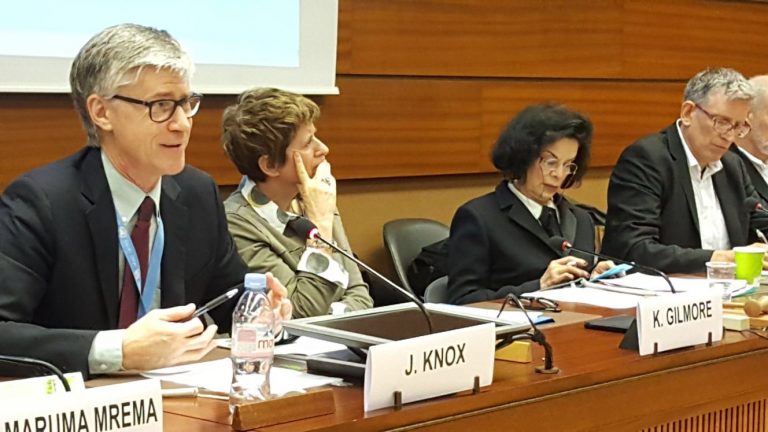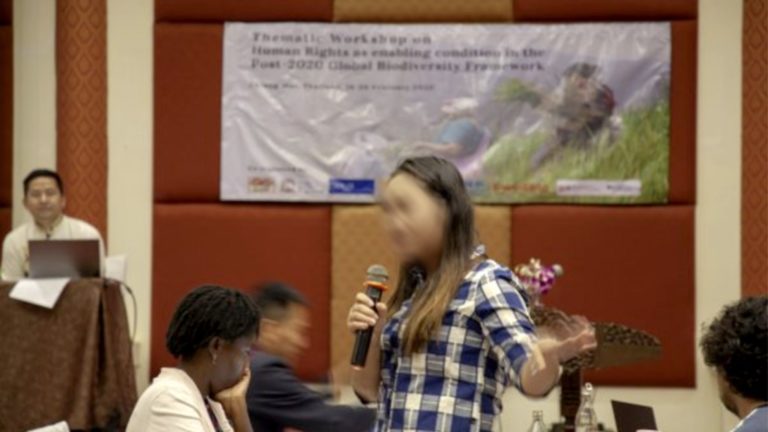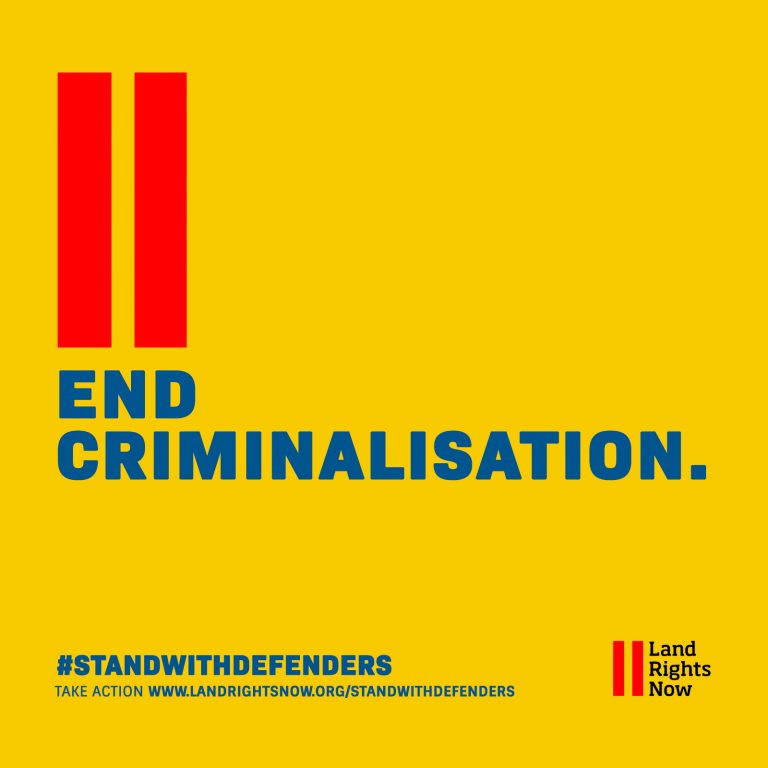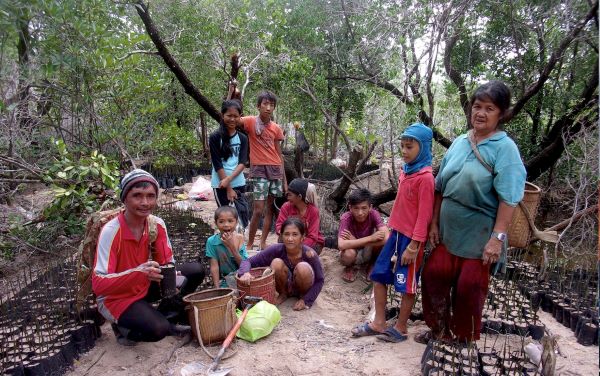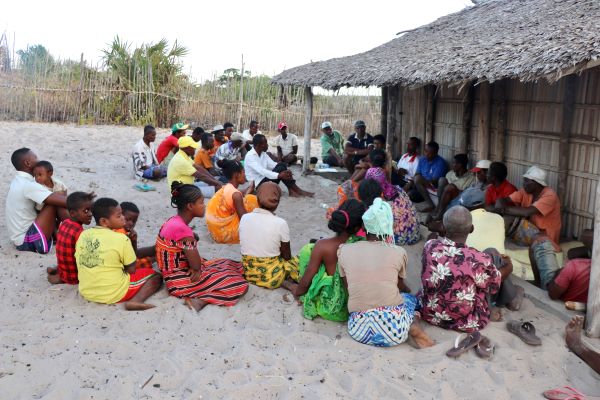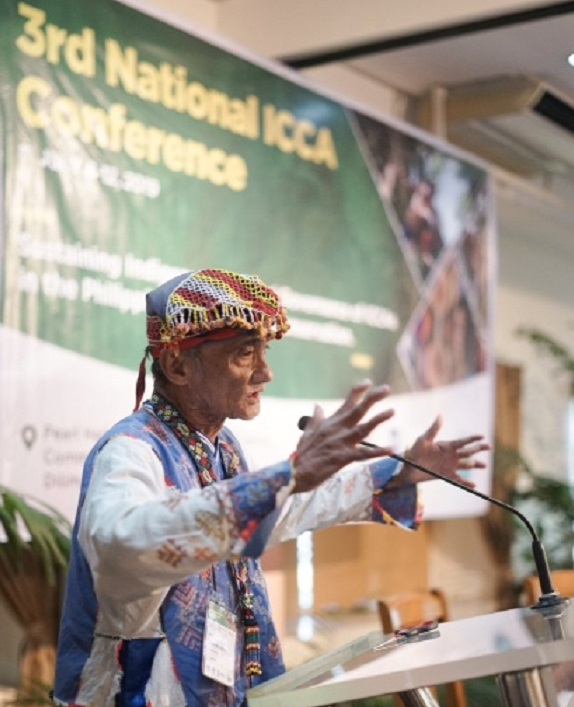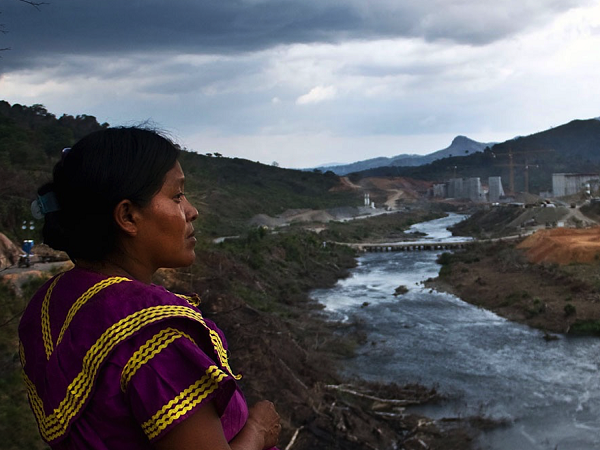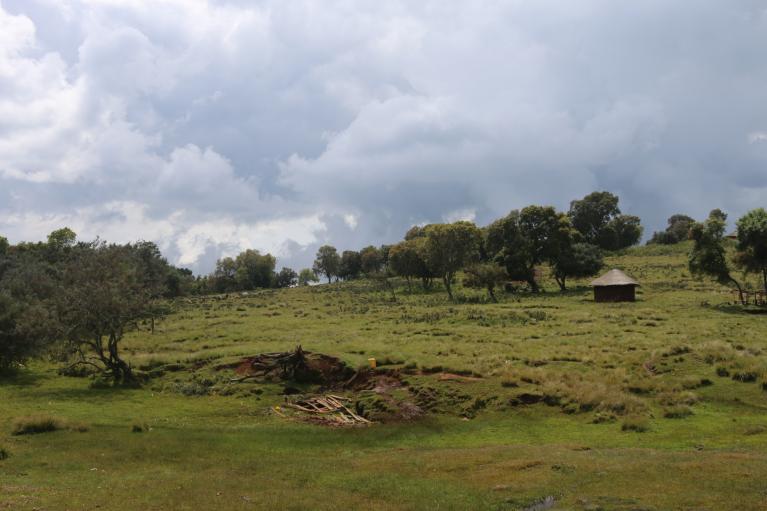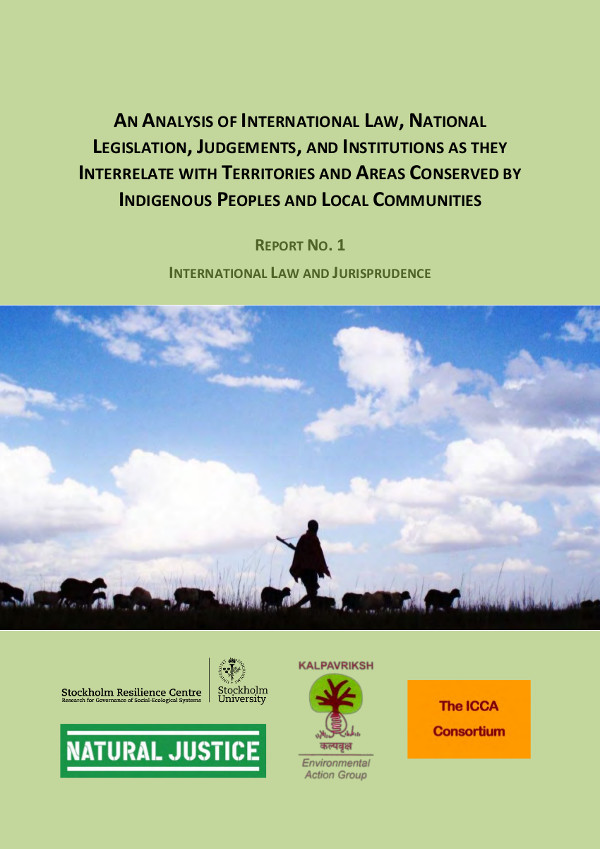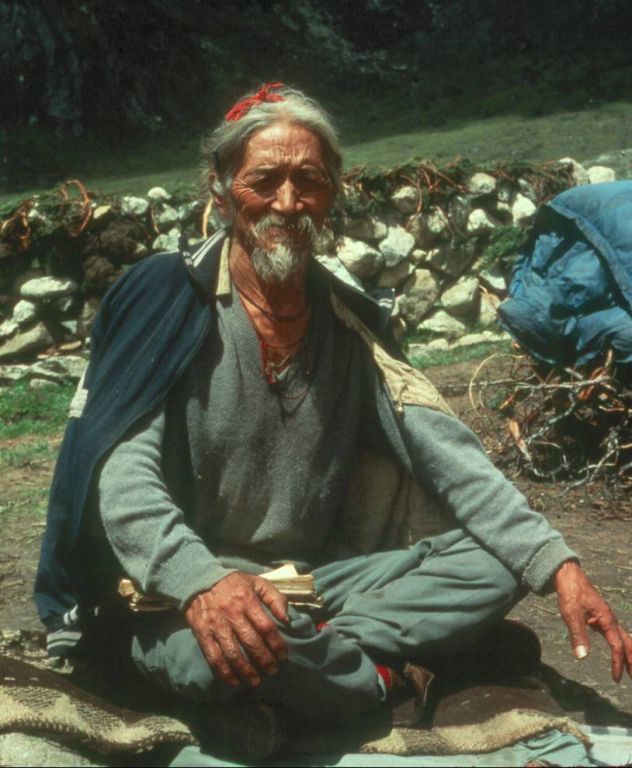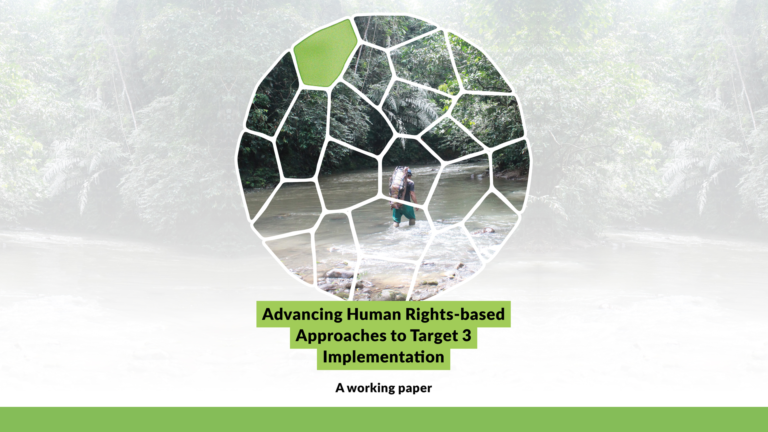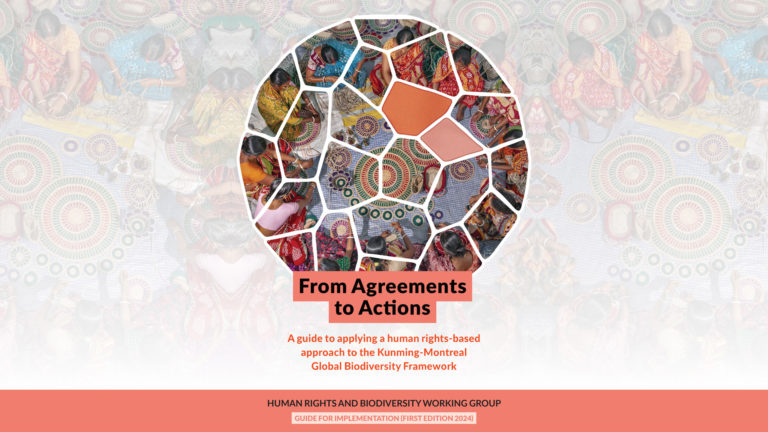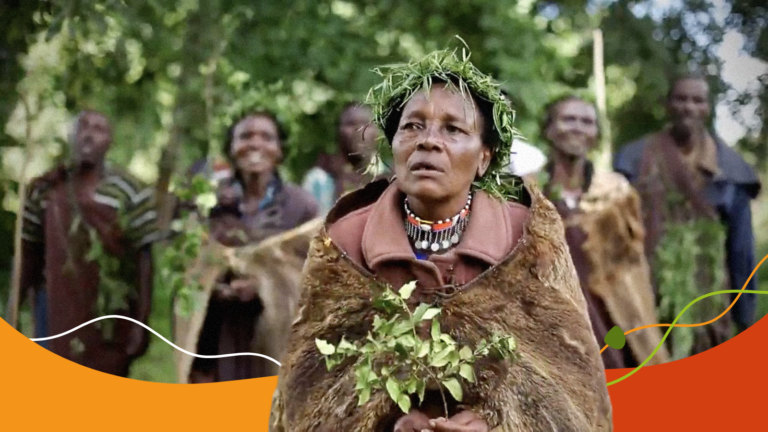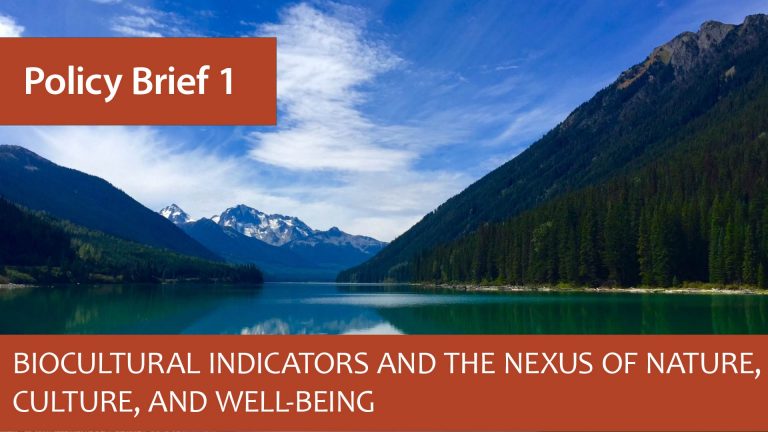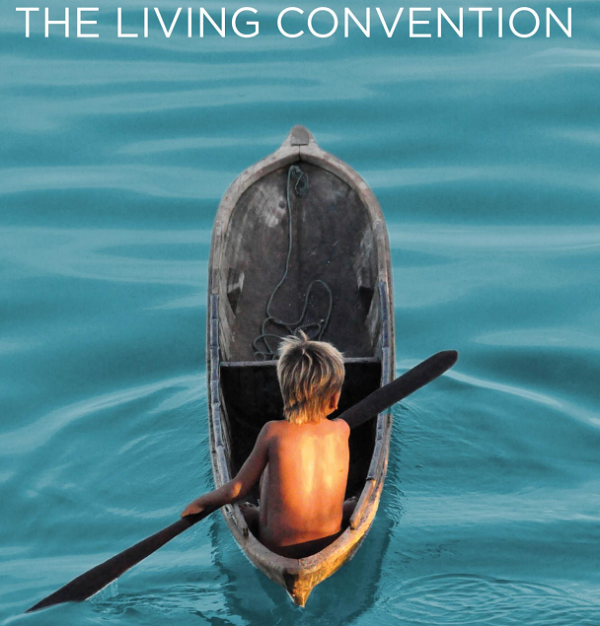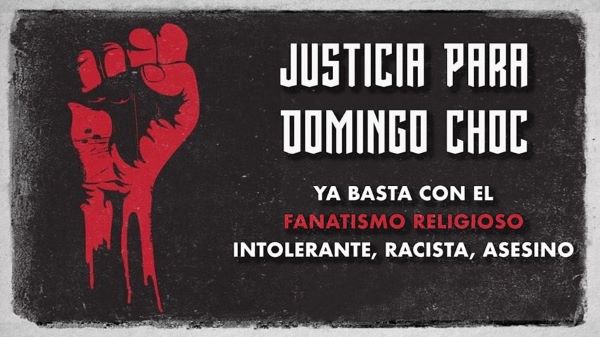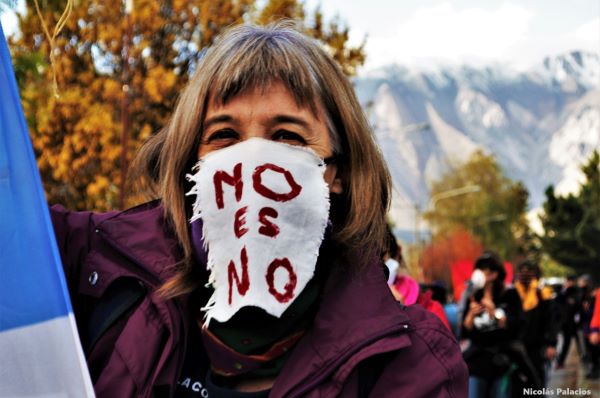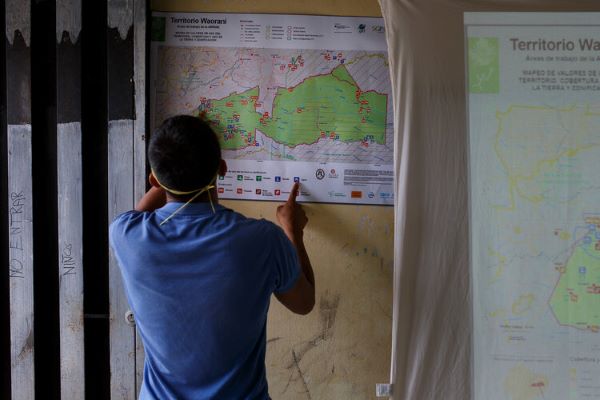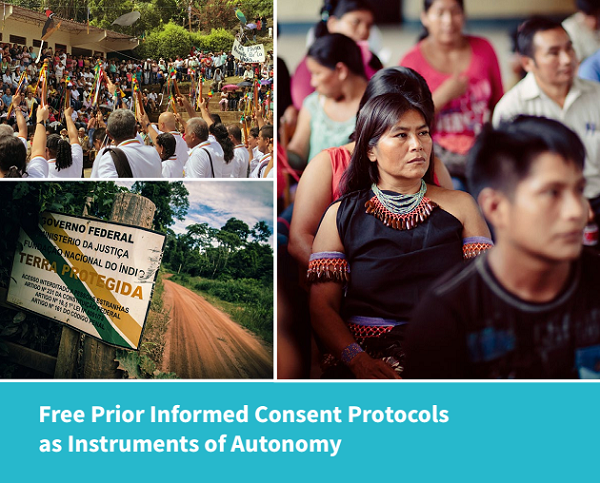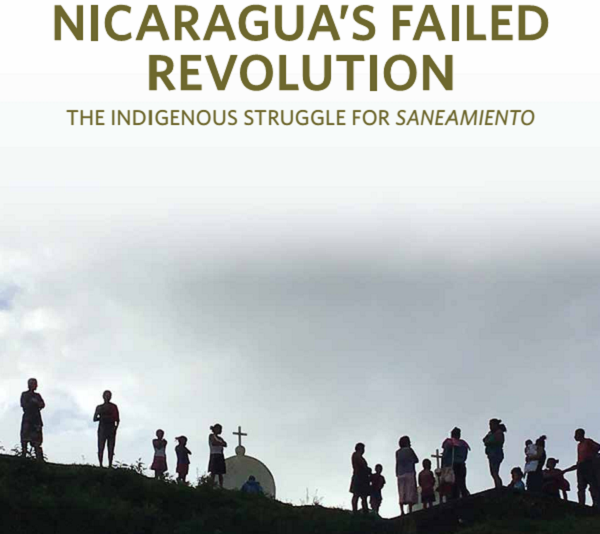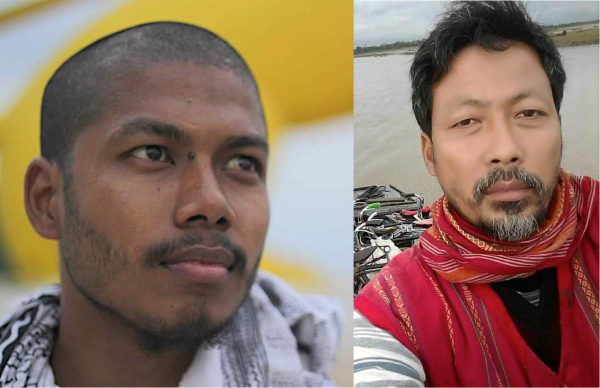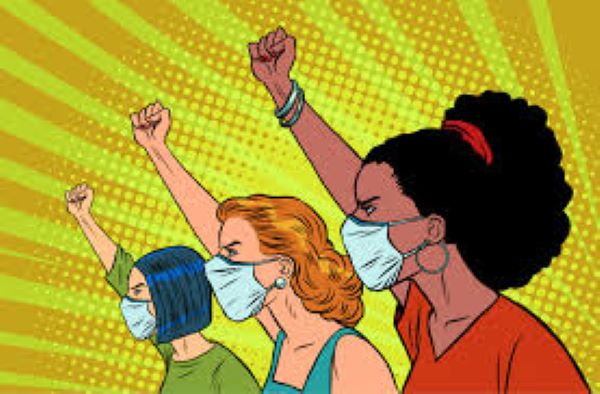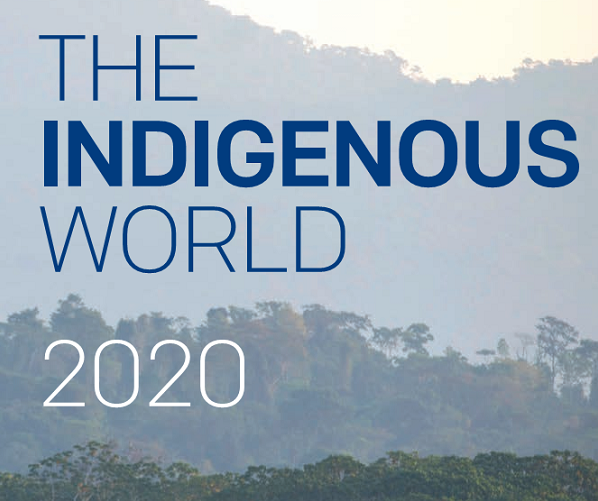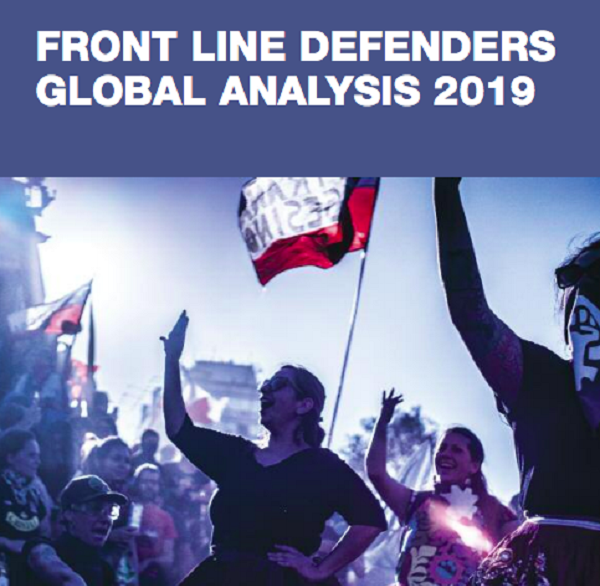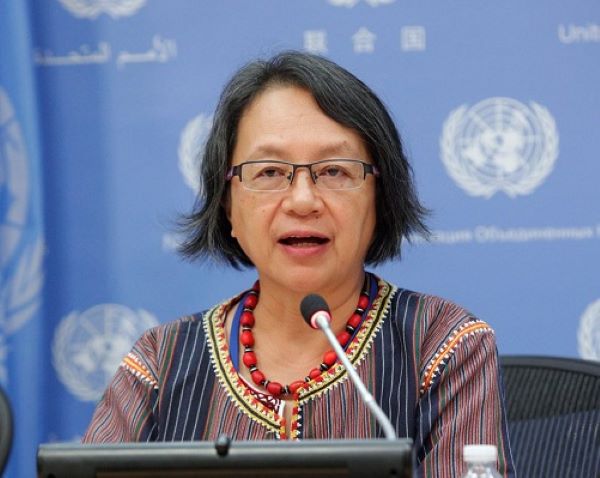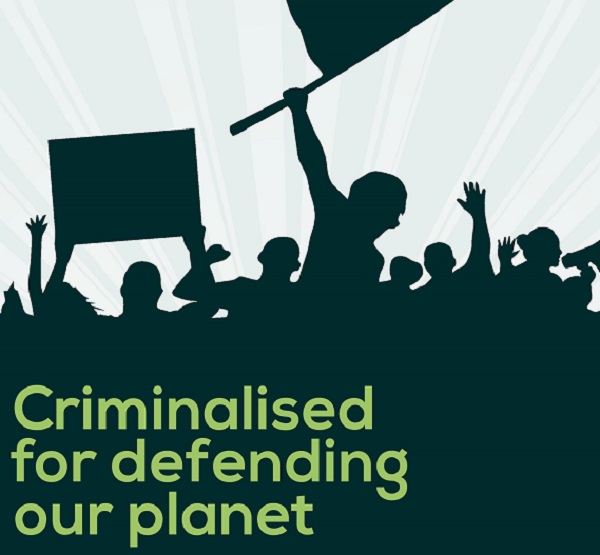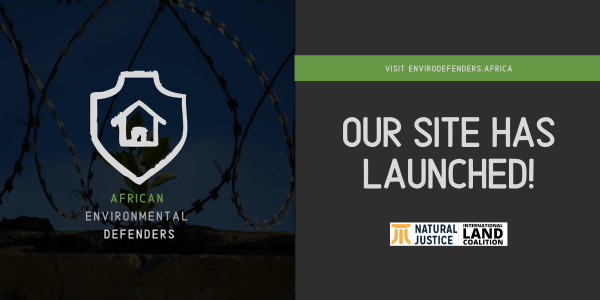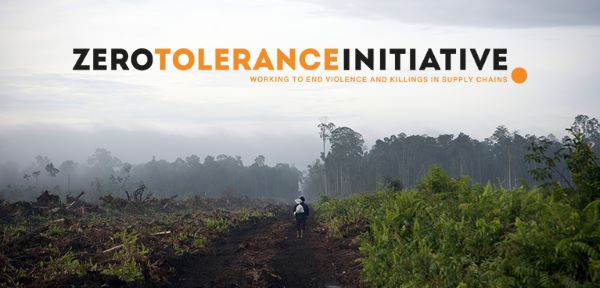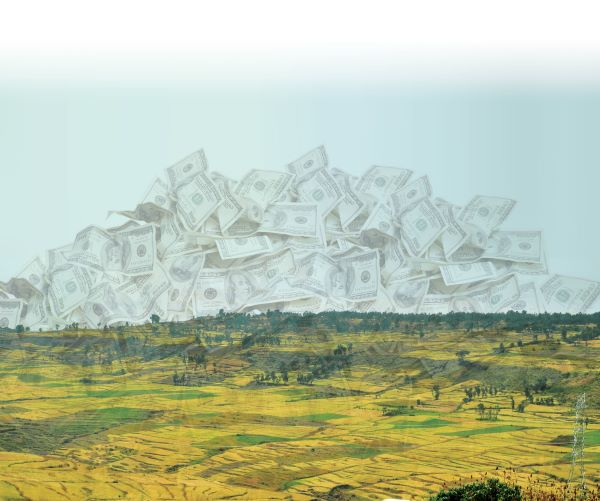The struggle for indigenous peoples’ rights has a long history at the international level. In 1970, the UN Sub-Commission on Prevention of Discrimination and Protection of Minorities recommended a comprehensive study on discrimination against indigenous populations, which was undertaken by Mr. José R. Martínez Cobo from 1973-1983. The Working Group on Indigenous Populations, established in 1982, worked for many years to develop principles and a draft declaration on the rights of indigenous peoples. The UN General Assembly finally adopted the UN Declaration on the Rights of Indigenous Peoples (UNDRIP) in resolution 61/295 on 13 September 2007, which remains the most comprehensive international instrument on this topic. It establishes a universal framework of minimum standards for the survival, dignity and wellbeing of indigenous peoples and elaborates on existing human rights standards and fundamental freedoms as they apply to the specific situation of indigenous peoples. The UN system now has three key mechanisms and procedures specifically for indigenous peoples: (a) the Permanent Forum on Indigenous Issues; (b) the Special Rapporteur on the Rights of Indigenous Peoples; and (c) the Expert Mechanism on the Rights of Indigenous Peoples.In addition to UNDRIP, indigenous peoples’ rights are also recognised in the International Labour Organisation (ILO) Convention No. 169 on Indigenous and Tribal Populations (1989), the Organisation of American States (OAS) American Declaration on the Rights of Indigenous Peoples (2016), and in the jurisprudence of the UN Committee on the Elimination of Racial Discrimination (CERD), the Inter American Commission and Court on Human Rights, and the African Commission and Court on Human and Peoples’ Rights.
In contrast, although the UN Convention on Biological Diversity (CBD) recognises local communities alongside indigenous peoples in Articles 8(j) and 10(c) on traditional knowledge and customary sustainable use of biodiversity, there is not yet any international instrument equivalent to UNDRIP for non-indigenous communities that have close relationships with and dependence upon their traditionally occupied territories. A recent report by Professor John Knox, the UN Special Rapporteur on human rights and the environment, acknowledged that States nevertheless have heightened obligations to protect such people under various grounds of international law, including as members of minorities and based on the principle of non-discrimination. This is also supported by jurisprudence of the Inter American Court and Commission and of CERD. The legal status of non-indigenous communities might be further clarified in the deliberations currently underway in the Human Rights Council’s open-ended intergovernmental working group on a UN declaration on the rights of peasants and other people working in rural areas.
There is arguably a close relationship between appropriately recognising and supporting ICCAs, and implementing UNDRIP and realising a range of human rights (see Stevens, 2010). The ICCA Consortium and its Members are actively participating in a number of UN fora, mechanisms and procedures on indigenous peoples’ rights and human rights more broadly, promoting the central importance of indigenous peoples’ and local communities’ collective rights and responsibilities and also seeking to monitor, halt and remedy human rights injustices in the conservation sector. Particular emphasis is placed on supporting members of indigenous peoples and local communities to represent themselves in such processes. Among other things, this has led to consideration of ICCAs in two recent reports of UN Special Rapporteurs, namely, Professor John Knox’s report on human rights and biodiversity (2017) and Ms. Victoria Tauli-Corpuz’s report on the impacts of conservation measures on indigenous peoples’ rights (2016). This closely relates to work on Biodiversity Law and Conservation Policy.
UN Special Rapporteur’s Framework Principles on Human Rights and the Environment (2018)
On March 5, 2018, the UN Special Rapporteur on Human Rights and the Environment, Professor John H. Knox, presented the final report of his mandate to the 37th Session of the Human Rights Council in Geneva, which identifies 16 framework principles on human rights and the environment, addresses the human right to a safe, clean, healthy and sustainable environment and looks ahead to the next steps in the evolving relationship between human rights and the environment. Read more ▸
UN Special Rapporteur Report on Children’s Rights and Environmental Protection (2018)
According to Professor John H. Knox, the UN Special Rapporteur on Human Rights and the Environment, “No group is more vulnerable to environmental harm than children. More than 1.5 million children under the age of five lose their lives every year because of pollution and other avoidable environmental harms.” Read more ▸
Launch of UN Environment’s Environmental Defenders Policy
The UN Environment Programme launched its new Environmental Defenders Policy, which proposes how it can promote greater protection for individuals and groups who are defending their environmental rights, and identifies solutions to mitigate the abuse of environmental rights. Read more ▸
ICCA Consortium Attends Launch of UN Environmental Rights Initiative in Geneva
The work of Professor John Knox, UN Special Rapporteur on Human Rights and the Environment, has significantly helped move the profile of the links between human rights and the environment from the periphery to the centre of the UN’s agenda. The new Environmental Rights Initiative of the UN Environment Programme was launched during the 37th Session of the Human Rights Council. Read more ▸
UN Special Rapporteur report on human rights and the conservation and sustainable use of biological diversity (2017)
UN Special Rapporteur on the issue of human rights obligations relating to the enjoyment of a safe, clean, healthy and sustainable environment: report to… Read more “UN Special Rapporteur report on human rights and the conservation and sustainable use of biological diversity (2017)” ▸
Universal Declaration on Human Rights
Universal Declaration on Human Rights (adopted in 1948) English | French | Spanish
UN Special Rapporteur report on the impact of conservation measures on indigenous peoples’ rights
UN Special Rapporteur on the rights of indigenous peoples: report to the UN General Assembly with thematic analysis of conservation measures and their impact… Read more “UN Special Rapporteur report on the impact of conservation measures on indigenous peoples’ rights” ▸
OAS American Declaration on the Rights of Indigenous Peoples
OAS American Declaration on the Rights of Indigenous Peoples, 2016
EMRIP Study and Advice on “Promotion and protection of the rights of indigenous peoples in disaster risk reduction, prevention and preparedness initiatives”
EMRIP Study and Advice on “Promotion and protection of the rights of indigenous peoples in disaster risk reduction, prevention and preparedness initiatives” (adopted in… Read more “EMRIP Study and Advice on “Promotion and protection of the rights of indigenous peoples in disaster risk reduction, prevention and preparedness initiatives”” ▸
UN Special Rapporteur on human rights and the environment
UN Special Rapporteur on human rights and the environment (mandate established in 2012)
Indigenous and Tribal Peoples’ rights over their ancestral lands and natural resources (Norms and Jurisprudence of the Inter-American Human Rights System) 2009
This report of the Inter-American Commission on Human Rights (IACHR) compiles and discusses the scope of indigenous and tribal peoples’ rights over their territories,… Read more “Indigenous and Tribal Peoples’ rights over their ancestral lands and natural resources (Norms and Jurisprudence of the Inter-American Human Rights System) 2009” ▸
UN Declaration on the Rights of Indigenous Peoples
UN Declaration on the Rights of Indigenous Peoples (adopted in 2007) English / French / Spanish
International Convention for the Protection of All Persons from Enforced Disappearance
International Convention for the Protection of All Persons from Enforced Disappearance (CPED) (adopted in 2006)
UN Special Rapporteur on the situation of human rights defenders
UN Special Rapporteur on the situation of human rights defenders (mandate established in 2000)
Convention on the Rights of the Child
Convention on the Rights of the Child (CRC) (adopted in 1989)
The International Labour Organisation (ILO) Convention no. 169, 1989
This convention revises the Indigenous and Tribal populations Convention of 1957 Article 3.1 ‘Indigenous and tribal peoples shall enjoy the full measure of human… Read more “The International Labour Organisation (ILO) Convention no. 169, 1989” ▸
“Study of the Problem of Discrimination Against Indigenous Populations”
“Study of the Problem of Discrimination Against Indigenous Populations” UN Special Rapporteur Mr. José Martínez Cobo, 1981-83
Convention on the Elimination of All Forms of Discrimination against Women
Convention on the Elimination of All Forms of Discrimination against Women (CEDAW) (adopted in 1979)
International Covenant on Economic, Social and Cultural Rights
International Covenant on Economic, Social and Cultural Rights (ICESCR) (adopted in 1966)
International Convention on the Elimination of All Forms of Racial Discrimination
International Convention on the Elimination of All Forms of Racial Discrimination (adopted in 1965)
UN Biodiversity Negotiators Must Protect Human Rights to Protect the Planet
ICCA Consortium Members, Honorary members and partners joined forces for an ambitious international workshop that could help change the course of the post-2020 global biodiversity framework – by putting human rights firmly at its centre. Read more ▸
ICCA Consortium Supports Global Mobilisation Against Criminalisation of Land and Environmental Defenders
This global campaign urges all of us to #StandWithDefenders by shining a spotlight on indigenous peoples and communities who are criminalised for defending their territories of life. Read more ▸
CALG Reflections and Impressions on the Environmental Defenders Workshop in Philippines
After sharing their experiences in an international workshop on environmental defenders, ICCA Consortium Member Coalition Against Land Grabbing reflects on risk-reduction strategies and the importance of maintaining a united front in the face of threats to territories of life and their defenders. Read more ▸
Synergy of Fokonolona Strengthened for the Recognition of their Community Heritage
In Madagascar, as the government develops a legislative framework on special status areas that will include community land rights, TAFO MIHAAVO and MIHARI, both ICCA Consortium Members, are collaborating to ensure that indigenous peoples’ and local communities’ voices are heard, and their areas and heritage secured. Read more ▸
3rd National ICCA Conference in the Philippines Calls on Congress to Enact the ICCA Bill
For the third time in the Philippines, more than a hundred stakeholders from indigenous people as well as government agencies and civil society gathered to acknowledge recent gains in the recognition of ICCAs institutionalization and elaborate a plan to continue supporting ICCAs in the country. Read more ▸
Adoption of our policy on “Defending Territories of Life and Their Defenders” coincides with 20th anniversary of UN Declaration on Human Rights Defenders
During our XIIIth General Assembly in November, the ICCA Consortium adopted a new policy on “Defending Territories of Life and Their Defenders”, coinciding with the 20th anniversary of UN Declaration on Human Rights Defenders. What does this mean to us in concrete terms? Read more ▸
The ICCA Consortium at the 17th session of the UN Permanent Forum on Indigenous Issues
A delegation of 20 members of the ICCA Consortium was in New York from the 14th to the 23rd of April to participate in the 17th session of the United Nation Permanent Forum on Indigenous Issues. Two powerful statements in support of indigenous peoples’ collective rights and their role in conservation were made in the larger assembly, and our side-event on resistance to destructive development in ICCAs filled the room. Read more ▸
Recognising the Real Conflict? The Eldoret Dialogue on Human Rights and Conservation. A Personal Perspective
Over four intense days, representatives from communities, conservation, human rights and government engaged in a Global Dialogue on Human Rights and Biodiversity Conservation. Held… Read more “Recognising the Real Conflict? The Eldoret Dialogue on Human Rights and Conservation. A Personal Perspective” ▸
ICCA Consortium at the Expert Mechanism on the Rights of Indigenous Peoples (EMRIP VI)
The ICCA Consortium participated in the 6th session of the Expert Mechanism on the Rights of Indigenous Peoples (EMRIP) held in Geneva, Switzerland from… Read more “ICCA Consortium at the Expert Mechanism on the Rights of Indigenous Peoples (EMRIP VI)” ▸
4th Session of the UN Expert Mechanism on the Rights of Indigenous Peoples
Meeting dates: 11-15 July 2011 Location: Palais des Nations, Geneva Continue reading
Realizing Indigenous Women’s Rights: CEDAW and Indigenous Women
Guide: “Realizing Indigenous Women’s Rights: CEDAW and Indigenous Women” Helen Tugendhat & Eleanor Dictaan-Bang-oa, 2014 A guide to using the Convention on the Elimination… Read more “Realizing Indigenous Women’s Rights: CEDAW and Indigenous Women” ▸
Indigenous Women’s Rights and the African Human Rights System: A toolkit on mechanisms
Guide: “Indigenous Women’s Rights and the African Human Rights System: A toolkit on mechanisms” Forest Peoples Programme, 2015 Also in French, see the link… Read more “Indigenous Women’s Rights and the African Human Rights System: A toolkit on mechanisms” ▸
Inter-American Human Rights System for Indigenous Women: A toolkit on mechanisms
Guide: “Inter-American Human Rights System for Indigenous Women: A toolkit on mechanisms” Forest Peoples Programme, 2015 Andrea Galindo and Ellen-Rose Kambel, Valérie Couillard (Editor)… Read more “Inter-American Human Rights System for Indigenous Women: A toolkit on mechanisms” ▸
The Living Convention
Guide: “The Living Convention: A compendium of internationally recognised rights that support the integrity and resilience of indigenous peoples’ and local communities’ territories and… Read more “The Living Convention” ▸
Legal Review No 1 International Law and Jurisprudence
Legal Review No 1 International Law and Jurisprudence This report is part of a larger study conducted by the ICCA Consortium between 2011-2012, which… Read more “Legal Review No 1 International Law and Jurisprudence” ▸
Implementing the UN Declaration on the rights of Indigenous Peoples and International Human Rights Law through the recognition of ICCAs
Implementing the UN Declaration on the rights of Indigenous Peoples and International Human Rights Law through the recognition of ICCAs, Stan Stevens, 2010, Policy… Read more “Implementing the UN Declaration on the rights of Indigenous Peoples and International Human Rights Law through the recognition of ICCAs” ▸
Making FPIC – Free, Prior and Informed Consent – Work: Challenges and Prospects for Indigenous Peoples
Report: “Making FPIC – Free, Prior and Informed Consent – Work: Challenges and Prospects for Indigenous Peoples” Marcus Colchester and Maurizio Farhan Ferrari, 2007… Read more “Making FPIC – Free, Prior and Informed Consent – Work: Challenges and Prospects for Indigenous Peoples” ▸
Advancing Human Rights-based Approaches to Target 3 Implementation: A working paper
HRBWG et al. (2024). Advancing Human Rights-based Approaches to Target 3 Implementation. A working paper developed by members of the Human Rights and Biodiversity Working Group and participants in the international workshop on Advancing Rights and Equity in Conservation (Nanyuki, 2024). Read more ▸
From Agreements to Actions: A guide to applying a human rights-based approach to the Kunming-Montreal Global Biodiversity Framework
A guide to offer additional support and specific examples for Parties, decision-makers, non-state actors, and rights holders involved in biodiversity policy on implementing a human rights-based approach in the Global Biodiversity Framework. Read more ▸
Respect and protect the environmental human rights defenders in Africa
African leaders and conservation organizations must fulfill their responsibility to take a stand and prioritize the protection of environmental human rights defenders, including those from Indigenous Peoples and local communities. Read more ▸
CICADA Launches Four Policy Briefs on Biocultural Diversity
CICADA, ICCA Consortium Member, launched the first four policy briefs of its series on biocultural diversity in settler state contexts. They identify challenges, explore opportunities, and provide recommendations on: biocultural indicators and the nexus of nature, culture, and well-being; livelihoods, food sovereignty, health, and well-being; information and communications technologies; and territorial defense in extractive contexts. Read more ▸
Natural Justice Launches the Third Edition of the Living Convention
On International Day of the World’s Indigenous Peoples, Natural Justice (ICCA Consortium Member) launched the third edition of the Living Convention. The Living Convention is a response to this important and often-asked question: “What are the rights of Indigenous peoples, local communities, peasants and their organisations at the international level?” It provides a foundation to ensure people are in a stronger position to understand the law, shape the law and use the law. Read more ▸
Statement: We Repudiate and Condemn the Murder of Elder Aj ilonel Domingo Choc Ché
Ajq’ij Domingo Choc Che was a husband and father, a community member who worked to help others, and an expert in the knowledge of herbs and medicinal plants and their ancestral uses. In the strongest terms possible, the ICCA Consortium joins Mayan and Guatemalan organisations in condemning Tat Domingo’s assassination and demanding swift action for justice, healing and peace. Read more ▸
ICCA Consortium Joins Global Solidarity Letter Against Aggressive Opportunism of Mining Industry During COVID-19
We have joined more than 330 other organisations condemning the continued operation of the mining industry amidst a global pandemic, environmental rollbacks and crackdown on civil society action. Read more ▸
Respuestas Comunitarias de los Territorios de Vida en Ecuador a la Emergencia
En Ecuador, los Pueblos Indígenas y comunidades locales han desplegado diferentes respuestas frente a la situación actual de emergencia, basadas en sus costumbres y en su cosmovisión. En este artículo, nuestro Miembro ALDEA analiza y documenta esta variedad de respuestas comunitarias. Read more ▸
Defining Consent: Indigenous Peoples Reclaiming Decision-Making Authority and Governing Territories Through FPIC Protocols
ICCA Consortium Member Forest Peoples Programme released a new publication with three different case studies that show how Indigenous peoples have developed protocols for decision-making and territorial governance in Latin America (the Wampis, ICCA Consortium Member, the Juruna and the Embera Chami). Read more ▸
Nicaragua’s Failed Revolution: The Indigenous Struggle for Saneamiento
This new report, authored by our Honorary member Anuradha Mittal for the Oakland Institute, details the incessant violence facing the Indigenous communities in the Caribbean Coast Autonomous Regions of Nicaragua and provides in-depth information about the actors involved. It breaks the silence and calls attention to the Indigenous peoples’ ongoing struggle for their territories. Read more ▸
Farmers’ Rights Activists Released After Arbitrary Arrest and Detention in Assam
The ICCA Consortium issued a letter to the Chief Minister of Assam and other officials in India to condemn the arbitrary arrest of two farmers’ rights activists, including a nominated Honorary member who attended our recent GA. We are relieved they were subsequently released on bail, but concerns remain. Read more ▸
Impacts of COVID-19 on Human Rights Defenders and Resources for their Protection
Indigenous peoples and local communities who are defending their territories of life face heightened risks in the COVID-19 pandemic. Front Line Defenders reports on the impacts of COVID-19 on the safety and work of human rights defenders, and shares practical tips for the physical, emotional and digital protection of defenders working from home. Read more ▸
The ICCA Consortium Urges Authorities to Immediately Release and Drop Charges Against Indigenous and Peasant Leaders in Assam, India
Indigenous peoples’ rights and peasants’ rights activists Pranab Doley and Soneshwar Narah were arrested on 7 April 2020 in Assam, India. The arrests appear to be politically motivated with the intention of intimidating and silencing these community leaders, who have dedicated their lives to social justice and supporting Indigenous peoples, forest dwellers and peasant communities. Read more ▸
The Indigenous World 2020 – by IWGIA
IWGIA recently published its report ‘The Indigenous World 2020’. An impressive 114 authors contributed to the report; Indigenous and non-indigenous activists and scholars from all over the world. The work surveys the main events to impact the lives of Indigenous communities in 2019. The book will stand as a go-to reference for all who wish to be informed and current on the rights of Indigenous peoples. Read more ▸
Global Report Identifies Land, Environmental and Indigenous Peoples’ Rights as Most Dangerous Sector for Human Rights Defenders
With growing global concern over our climate and ecological crises, those who defend Mother Earth should be gaining better protection – but instead, they are being targeted. According to Front Line Defenders’ annual global analysis, the fight for land, environmental and indigenous peoples’ rights was the most dangerous sector for defenders, comprising 40% of the human rights defenders killed in 2019. Read more ▸
Activists Launch New Global Initiative Against Criminalisation of Indigenous Peoples
Indigenous rights activists Victoria Tauli-Corpuz and Joan Carling have launched an independent initiative to prevent criminalisation of, and impunity against indigenous peoples who defend their traditional lands. In this initiative, they are building on years of experience in the Philippines, Asia, and around the globe. Read more ▸
“Criminalised for Defending Our Planet” – ICCA Consortium Supports Policy Brief as Part of Global Mobilisation Against Criminalisation
This 8-page policy brief explains different ‘stages’ of criminalisation and their effects on individuals and communities, especially women, and sets out key recommendations for ending the criminalisation of those who defend Mother Earth. Read more ▸
A new resource for African environmental defenders
On International Human Rights Day, Natural Justice (ICCA Consortium Member) and the International Land Coalition present “African Environmental Defenders”, a resource for African land and environmental defenders. It aims at providing funding support in emergency situations. Read more ▸
The Geneva Declaration – Companies Must Commit to Zero Tolerance Against Killing and Violence in Supply Chains
Representatives from indigenous peoples, afro-descendant, and peasant communities from 16 countries issued the Geneva Declaration, an urgent call for action that demands governments and companies end the violence, killing, and deliberate criminalisation of people defending their rights, their lands and their communities. Forest Peoples Programme (ICCA Consortium Member) participated in this process. Read more ▸
A Major Victory for Land Rights Defenders
In 2013, the World Bank launched its Enabling the Business of Agriculture Project, with the aim of guiding pro-business reforms in the agriculture sector by “scoring” countries on the “ease of doing business”. After five years of campaigning and advocacy on the part of land rights defenders, the World Bank has dropped a land indicator that aimed at privatizing the commons in the Global South. ICCA Consortium Honorary member Anuradha Mittal explains the process that led to this major victory, and the future perspectives of the campaign. Read more ▸
First published on 05/29/2016, and last updated on 07/03/2017

